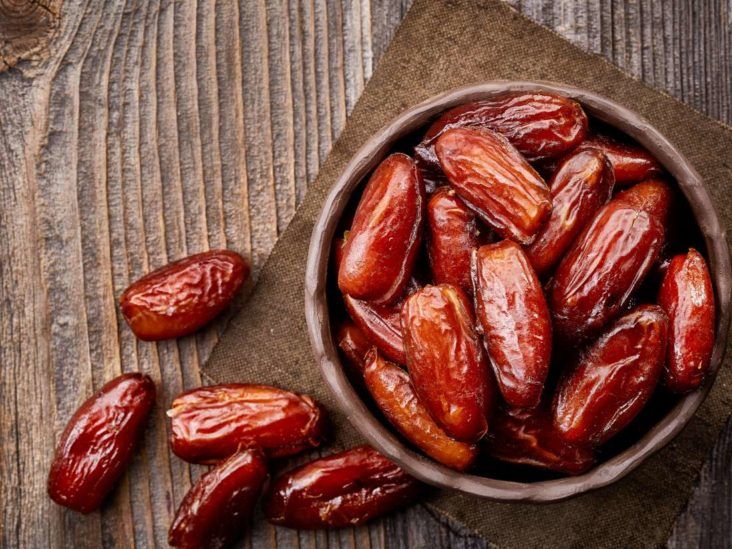Ajwa dates hold an one-of-a-kind location in Islamic practice, usually referred to as the "Prophet's Dates" due to their ingrained connection with the life and mentors of the Prophet Muhammad. In this short article, we will explore the spiritual, historical, and spiritual significance of Ajwa days in Islam, and exactly how their consumption has been woven into the material of Muslim culture for centuries.
The Story of Ajwa Dates in Medina
Ajwa dates are belonging to Medina, the 2nd holiest city in Islam. Harga Kurma Ajwa is believed that the Prophet Muhammad personally grew the first Ajwa date hand trees in Medina, imbuing the fruit with spiritual relevance. The Prophet is also stated to have actually encouraged consuming seven Ajwa dates in the morning to ward off injury and ailment.
This strong link in between Ajwa days and the Prophet Muhammad has made them a sign of true blessings and defense. Today, explorers visiting Medina typically buy Ajwa days as a spiritual memento, a tip of their link to the sacred land.
Ajwa Dates Throughout Ramadan
Ajwa dates are a prominent food thing throughout the holy month of Ramadan. my blog are frequently the initial food eaten to damage the quick at Iftar, complying with the Sunnah (practice) of the Prophet. The intake of dates during Iftar aids restore energy levels quickly, as the natural sugars in days are quickly soaked up by the body. The fiber web content additionally aids control digestion, making Ajwa dates an ideal food to start the evening meal after a lengthy day of fasting.
Spiritual Benefits of Ajwa Dates
Ajwa dates are typically viewed as a kind of spiritual recovery, in addition to their physical health and wellness benefits. Consuming Ajwa days is believed to safeguard versus bad, envy, and ailment. They are likewise commonly included in religious and charitable techniques, such as distributing dates to the clingy throughout Ramadan or providing as presents throughout Eid celebrations.
Ajwa Dates and Charity
In Islamic culture, providing is a vital act of belief, and dates have traditionally been a symbol of charity and generosity. Ajwa days, being amongst one of the most prized ranges, are often dispersed as component of Sadaqah (charity) and Zakat (obligatory almsgiving). Their use in these methods enhances their spiritual worth and link to acts of generosity.

Conclusion
Ajwa dates are greater than just a delicious fruit; they are an essential component of Islamic tradition and culture. Their historic and spiritual value, especially during Ramadan and other religious events, highlights the deep connection between food, belief, and neighborhood in Islam. Ajwa days remind Muslims of the mentors of the Prophet Muhammad, supplying both physical nourishment and spiritual protection.

